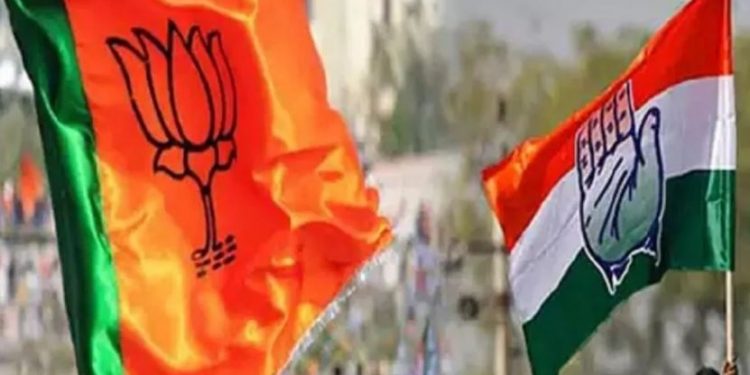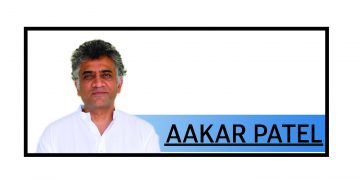New Delhi: A total of 18 per cent of the candidates in fray for the November 3 by-elections in 28 Assembly segments in Madhya Pradesh have criminal cases pending against them, with 11% declaring cases of very serious nature, the Madhya Pradesh Election Watch and Association for Democratic Reforms (ADR) said.
An analysis of poll affidavits of 355 candidates revealed that 63 had declared pending criminal cases, with the Congress leading the list in this category. When it comes to candidates with serious criminal cases, the BJP tops the list followed by SP.
Among the major parties, 14 (50%) out of 28 Congress candidates, 12 (43%) out of 28 BJP candidates, 8 (29%) out of 28 candidates from Bahujan Samaj Party, 4 (29%) out of 14 Samajwadi party candidates and 16 (9%) out of 178 Independent nominees — whose affidavits were analysed — declared the pending criminal cases.
Those who have declared serious criminal cases are 6 (21%) of the 28 Congress candidates whose affidavits were analysed, 8 (29%) out of 28 BJP candidates, 3 (11%) out of 28 BSP candidates, 4 (29%) out of 14 SP candidates and 13 (7%) out of 178 Independents, ADR said.
Meanwhile, only one candidate declared a pending murder case, and seven the attempt to murder cases against themselves. Ten of the 28 constituencies are in ‘red alert’ category, meaning there are 3 three or more candidates who have declared criminal cases against themselves.
All major parties have given tickets to 25% to 50% of their candidates with pending criminal cases, the ADR said. The ADR said the Supreme Court had ordered political parties on February 13 this year to give reasons for selection of such candidates and why individuals without criminal antecedents could not be selected. As per these mandatory guidelines, the reasons for such selection have to be with reference to qualifications, achievements and merit of the candidate concerned.
The ADR urged that the Supreme Court “should reprimand political parties and politicians for their complete lack of will, reprehensible predilection and absence of required laws”.
It advocated permanent disqualification of candidates convicted for heinous crimes like murder, rape, smuggling, dacoity, and kidnapping. Disqualification of persons from contesting elections to the public offices against whom charges have been framed for having committed serious criminal offences punishable by imprisonment of at least 5 years, and if the case is filed at least six months prior to an election, was also recommended by the election watchdog body.
Meanwhile, 55% of the candidates have declared their educational qualifications to be between Class 5 and 12, and 37% graduate or above and others barely literate or illiterate.
In all, 45% candidates each are aged between 25 and 40 and between 41 and 60. Ten per cent candidates are aged between 61 and 80. Of the total candidates, six per cent are women.






































